The 16 Worst Acting Performances of All Time
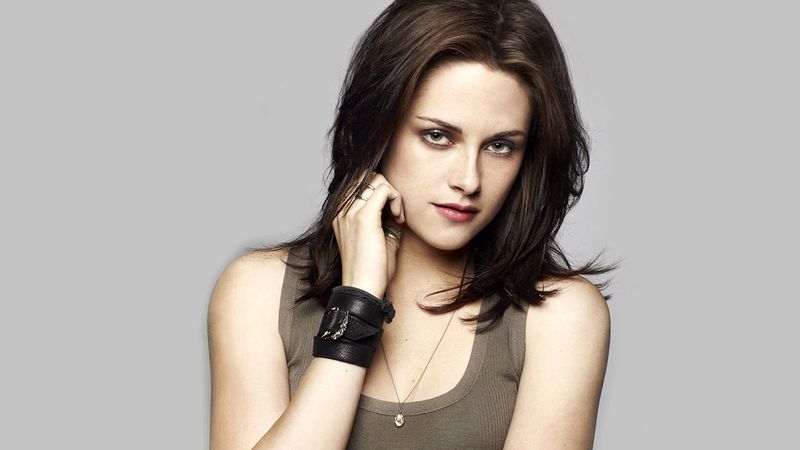
Acting is an art that requires skill, intuition, and a deep understanding of character. However, not every actor’s performance is met with critical acclaim. In this blog post, we delve into the world of cinematic mishaps, exploring some of the most infamous acting performances that failed to impress audiences and critics alike.
1. Tommy Wiseau – The Room (2003)
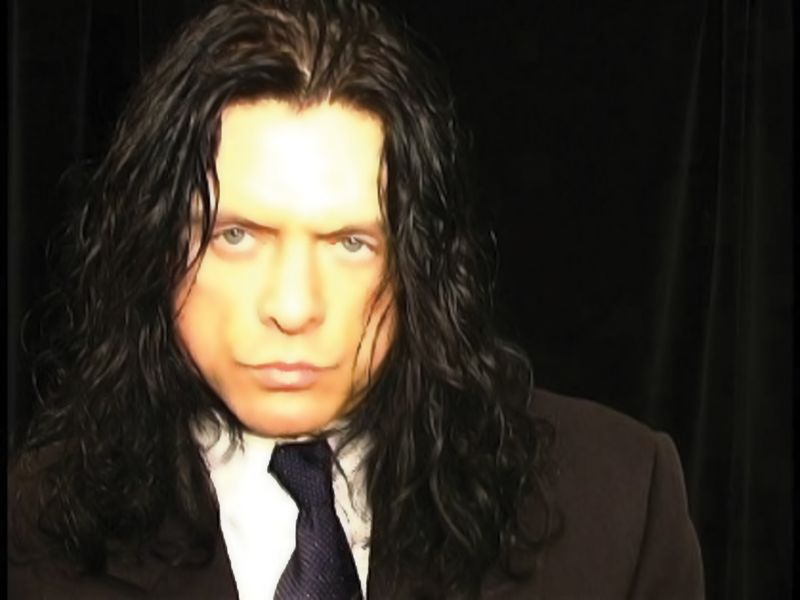
With an enigmatic presence and a delivery that’s become the gold standard of bad acting, Tommy Wiseau’s performance in “The Room” is infamous. His awkward line readings and unintentionally hilarious delivery turned a dramatic story into a cult comedy classic.
Line after line, Wiseau’s portrayal of Johnny in “The Room” baffles viewers. His performance defies traditional acting norms, creating a unique spectacle. The film’s popularity stems not from its storytelling, but from Wiseau’s curious, undeniably memorable role.
His acting choices invite laughter, making “The Room” a beloved disaster piece. Wiseau’s methods remain a mystery, enhancing the film’s legend.
2. Elizabeth Berkley – Showgirls (1995)
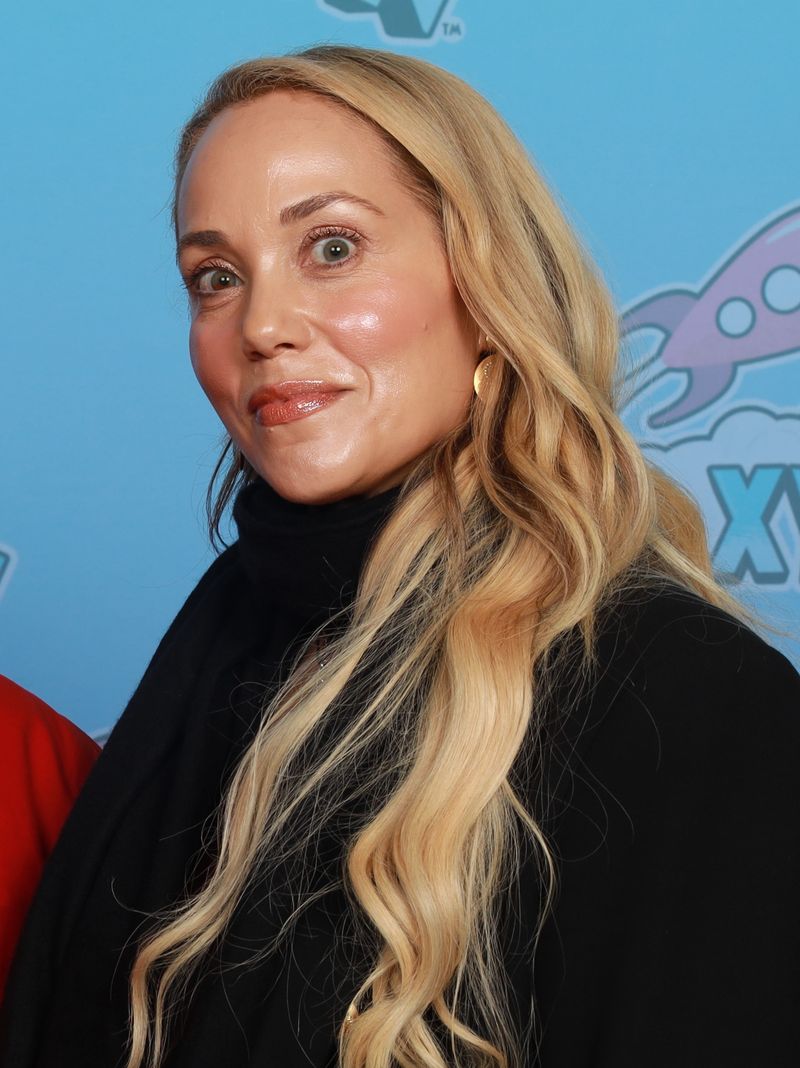
The role of Nomi Malone was supposed to skyrocket Elizabeth Berkley’s career, but instead, it showcased over-the-top dramatics. Her portrayal in “Showgirls” was marred by unnatural intensity, making audiences cringe rather than empathize.
Berkley’s exaggerated expressions and gestures felt out of place, turning dramatic scenes into caricatures. Her performance lacked the subtlety required for a compelling drama, leading to critical panning.
Despite its initial reception, “Showgirls” achieved cult status. Berkley’s role remains a curious example of how heightened dramatics can overshadow an actor’s potential in their breakout role.
3. Keanu Reeves – Bram Stoker’s Dracula (1992)
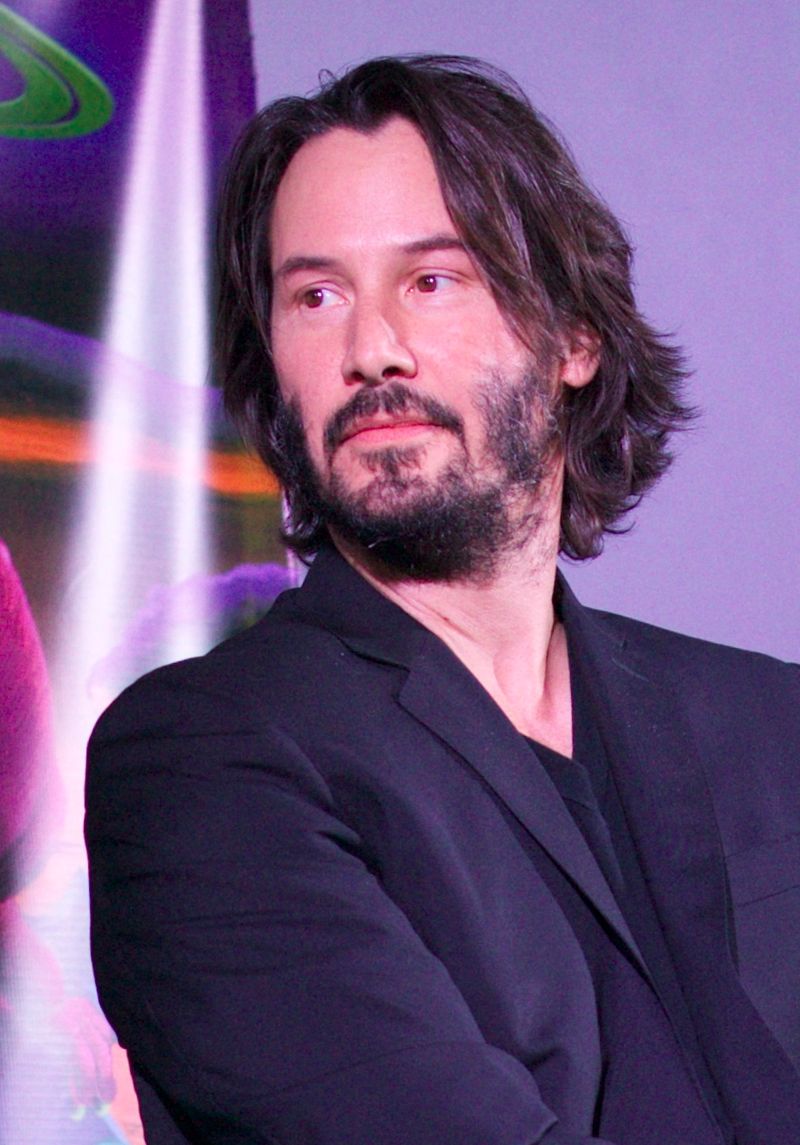
Keanu Reeves’ attempt at a British accent in “Bram Stoker’s Dracula” has been mocked for decades. His portrayal of Jonathan Harker stands out, not for its dramatic impact, but for its jarring vocal choices.
In an otherwise atmospheric film, Reeves’ accent disrupts the eerie mood, drawing attention away from the storyline. His performance is often cited as an example of miscasting, where talent doesn’t match the role’s demands.
Despite the criticism, Reeves’ charm remains undeniable. His career flourished beyond this misstep, proving that even awkward accents can’t overshadow genuine talent.
4. Halle Berry – Catwoman (2004)
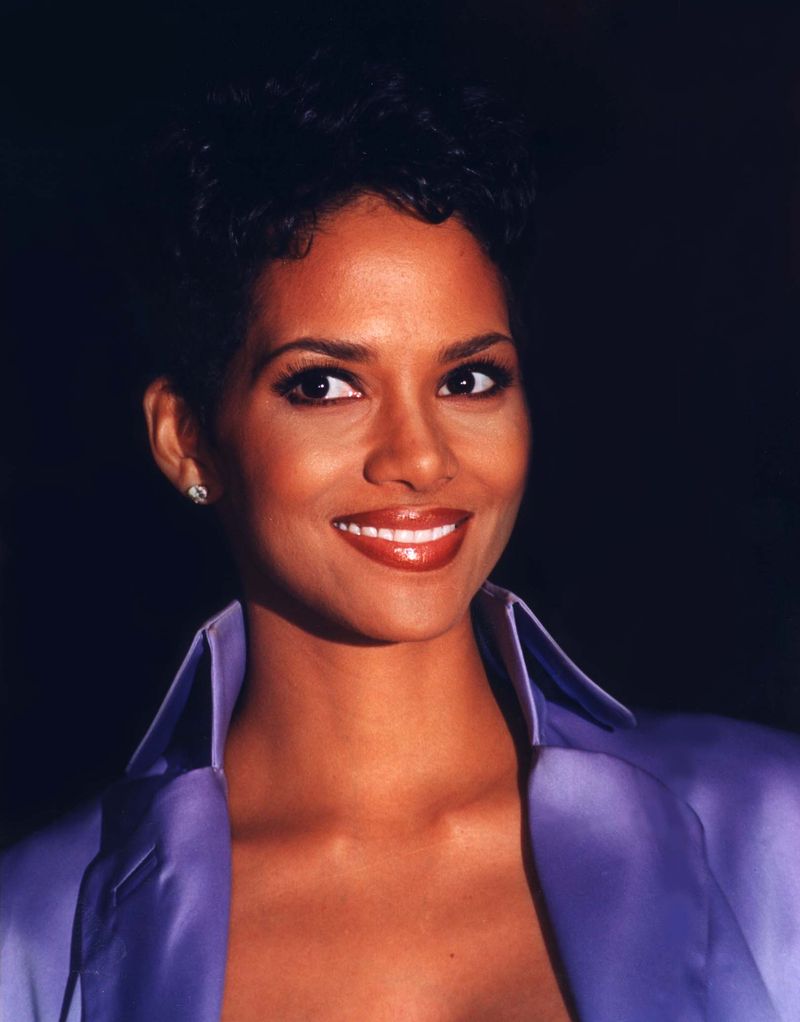
Even an Oscar winner like Halle Berry isn’t immune to criticism. Her performance in “Catwoman” is often labeled cartoonish, with forced expressions that lacked genuine emotional depth.
Berry’s attempts at embodying the feline superhero fell flat, resulting in a portrayal that felt more camp than captivating. The film’s screenplay didn’t help, but Berry’s exaggerated delivery accentuated its flaws.
Though “Catwoman” was poorly received, Berry’s talent shone in other roles. Her misstep in this film serves as a reminder that not all scripts are Oscar-worthy.
5. John Travolta – Battlefield Earth (2000)
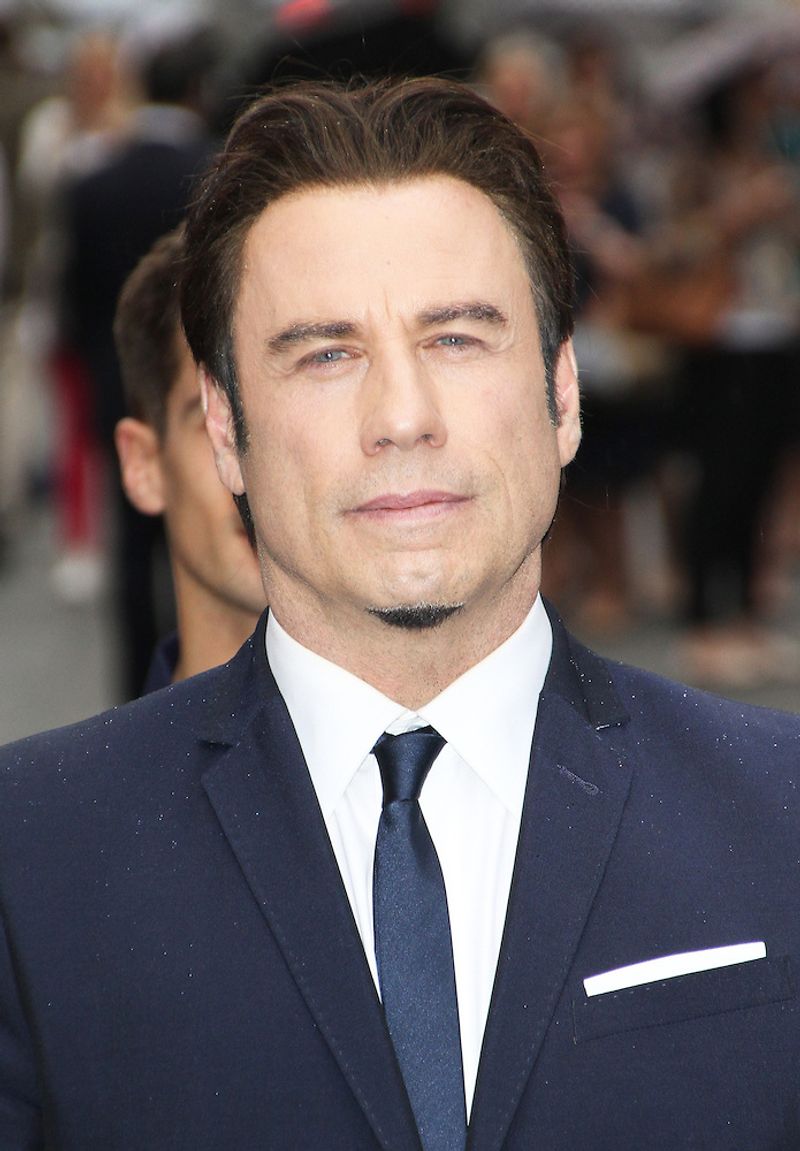
In “Battlefield Earth,” John Travolta’s performance is often described as hammy and exaggerated. His portrayal of Terl, an alien villain, turned what could have been a serious sci-fi saga into a laughable spectacle.
Travolta’s over-the-top delivery, combined with a bizarre script, resulted in a performance that’s frequently cited as one of the worst. His acting choices seemed to amplify the film’s already glaring flaws.
Despite its failure, Travolta’s passion for the role was evident. “Battlefield Earth” is now a cult classic, remembered more for its oddities than its narrative.
6. Madonna – Swept Away (2002)
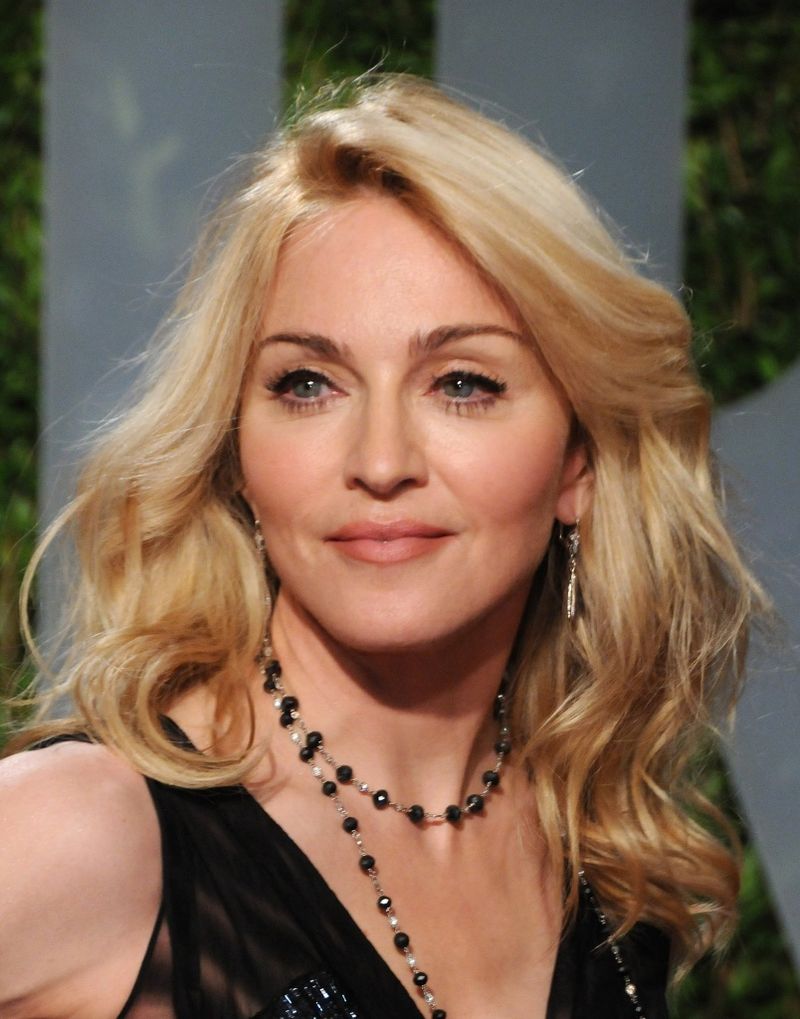
Madonna’s appearance in “Swept Away” highlighted a lack of chemistry and flat delivery. Her portrayal of a spoiled socialite cast away on an island rang hollow, lacking the depth needed for empathy.
Critics pointed out Madonna’s inability to connect with her character, making every scene feel lifeless. The film’s failure was attributed in part to her unconvincing performance.
While Madonna’s music career soared, her acting in “Swept Away” remains a reminder that not every project can be a “Material Girl” success.
7. Nicolas Cage – The Wicker Man (2006)
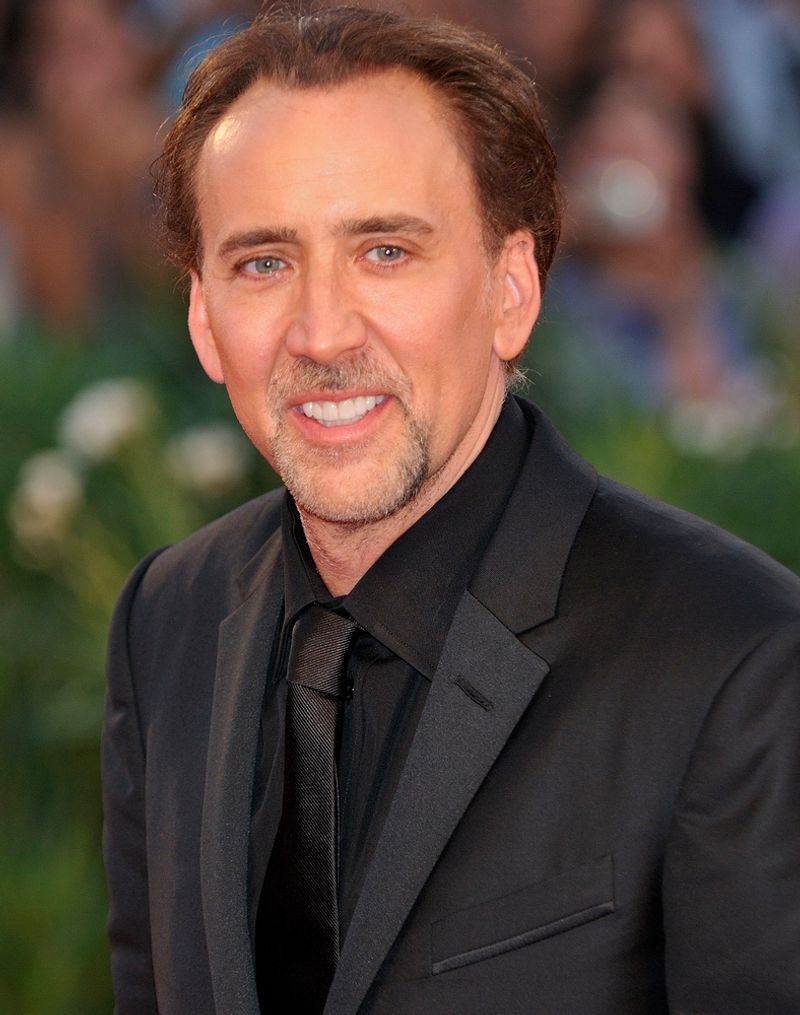
The phrase “Not the bees!” became synonymous with Nicolas Cage’s role in “The Wicker Man.” His exaggerated expressions and over-the-top delivery turned scenes that should be terrifying into meme-worthy moments.
Cage’s performance was a rollercoaster of emotions, often seen as inconsistent and bizarre. His portrayal resulted in unintentional comedy, overshadowing the film’s horror elements.
Despite the shortcomings, Cage’s unique acting style has garnered its own fan base. “The Wicker Man” remains a testament to his unpredictable and often entertaining performances.
8. Arnold Schwarzenegger – Batman & Robin (1997)
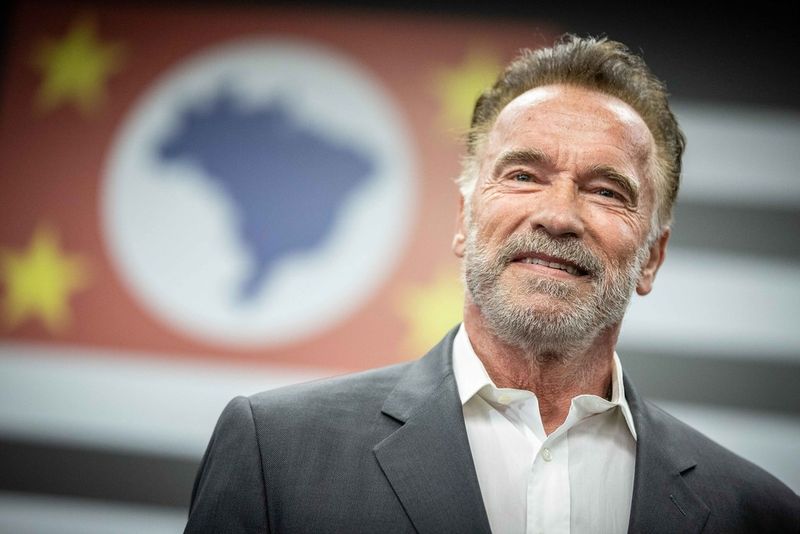
In “Batman & Robin,” Arnold Schwarzenegger took on the role of Mr. Freeze, delivering pun-filled lines that left audiences cold. His performance was more about humorous one-liners than compelling villainy.
The film’s campy style didn’t help, as Schwarzenegger’s portrayal leaned heavily into cringe-worthy territory. Critics found his performance lacking the gravitas required for a formidable antagonist.
Despite this icy reception, Schwarzenegger’s career remained largely unfazed. “Batman & Robin” is often remembered for its puns rather than its plot.
9. Sofia Coppola – The Godfather Part III (1990)
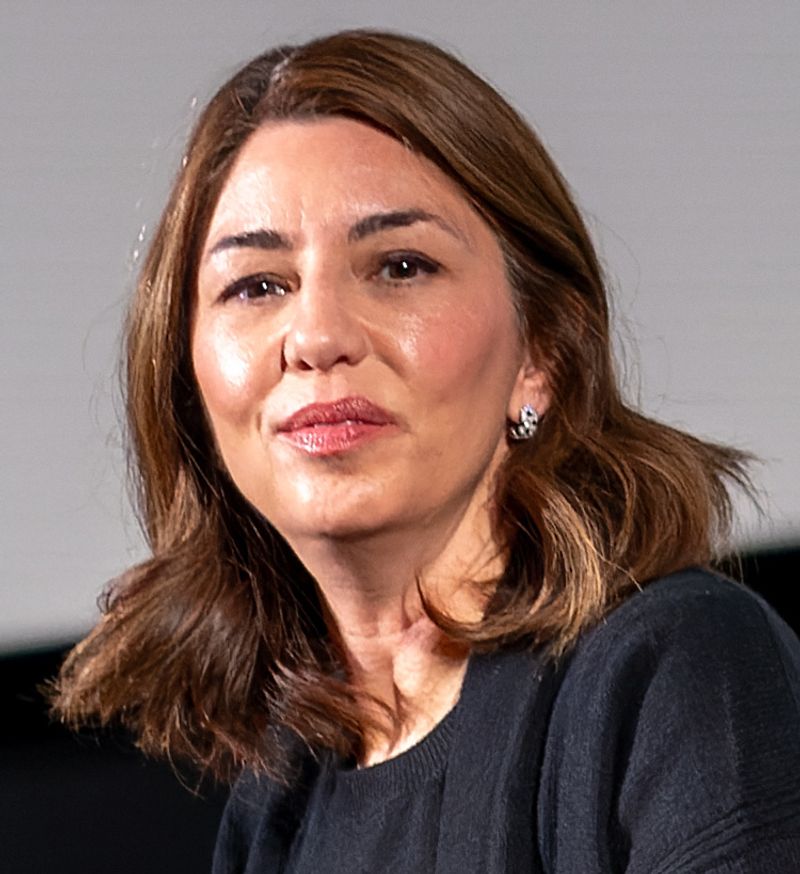
Sofia Coppola’s role in “The Godfather Part III” was met with criticism for being wooden and out of place. Her performance as Mary Corleone felt disconnected from the film’s legendary saga.
Critics argued that Coppola’s lack of acting experience showed, diminishing the emotional impact intended for the character. Her presence in the film was often seen as a misstep in casting.
Despite the criticism, Coppola’s career pivoted to filmmaking, where she found great success. Her acting debut remains a curious footnote in cinematic history.
10. Kristen Stewart – Twilight series (2008–2012)
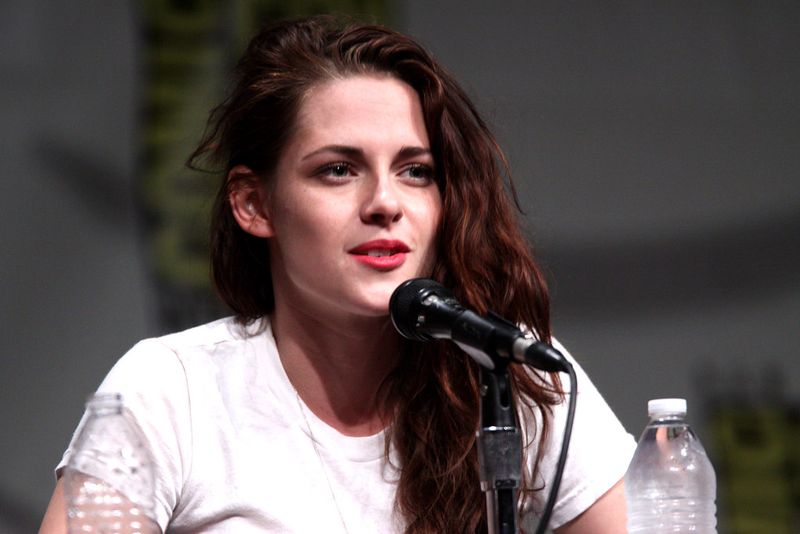
During the “Twilight” series, Kristen Stewart faced criticism for her monotone delivery and lack of emotional range. Her portrayal of Bella Swan was often described as flat, contrasting with the series’ dramatic themes.
Fans and critics alike noted her subdued expressions, which seemed to undercut the fantasy narrative. Despite this, Stewart’s talent blossomed in later projects, proving her versatility.
The “Twilight” saga remains iconic, and Stewart’s role, while divisive, helped shape her career. Her evolution as an actress highlights the potential for growth beyond early critiques.
11. Jai Courtney – Terminator Genisys (2015)
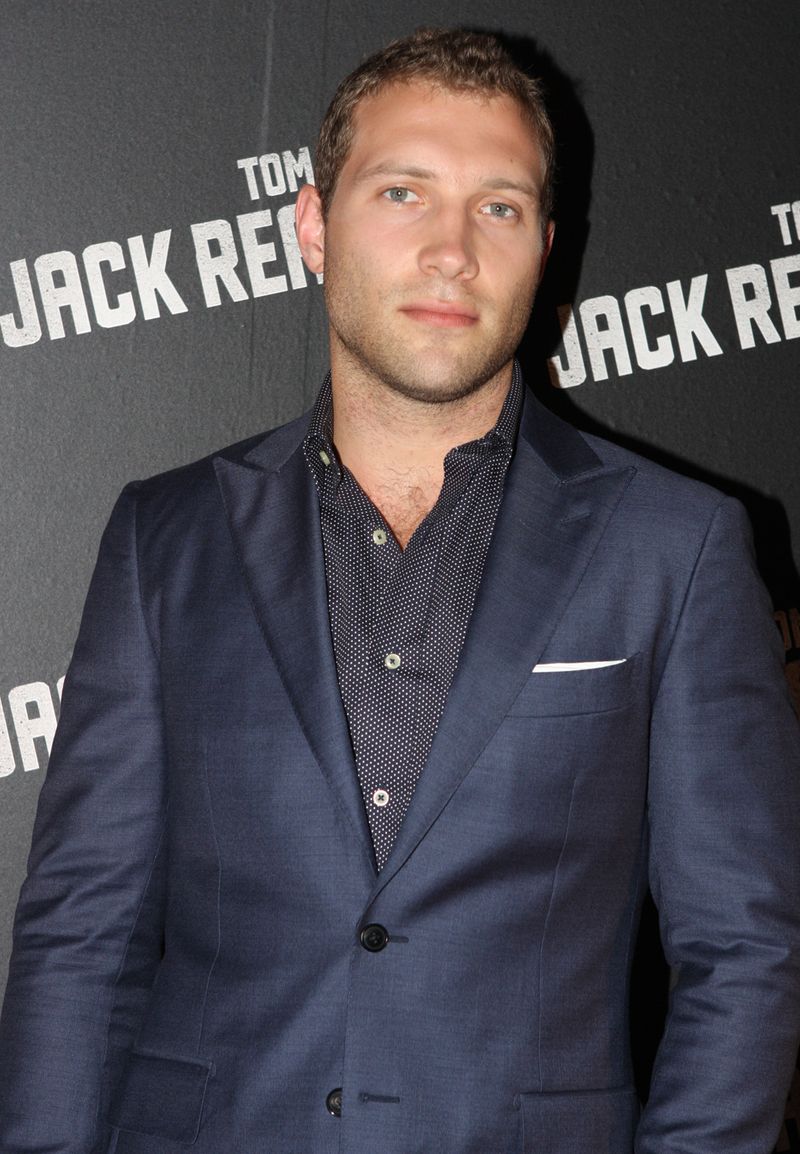
In “Terminator Genisys,” Jai Courtney’s portrayal of Kyle Reese was criticized for being bland and charisma-free. His performance lacked the spark needed to rejuvenate the beloved franchise.
Critics noted Courtney’s stoic expressions and lack of dynamic presence, which failed to capture the essence of a key character. The film’s reception suffered, with his role cited as a contributing factor.
Despite this, Courtney remains a prominent figure in Hollywood, continuing to land major roles. “Terminator Genisys” serves as a reminder of the challenges of living up to iconic predecessors.
12. Jake Lloyd – Star Wars: The Phantom Menace (1999)
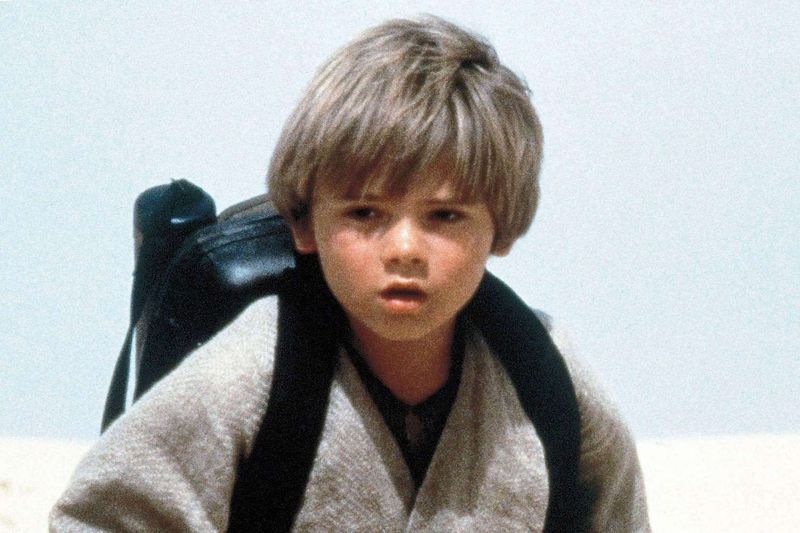
Child actor Jake Lloyd faced overwhelming expectations in “Star Wars: The Phantom Menace.” His portrayal of Anakin Skywalker was met with heavy criticism, overshadowing his young talent.
Lloyd’s delivery was often seen as awkward, lacking the gravitas expected from a future Darth Vader. The pressure of the role, in such a monumental franchise, was immense.
Although his performance was not well-received, Lloyd’s role in “The Phantom Menace” remains a part of cinematic history. His experience serves as a cautionary tale about the burdens placed on child actors.
13. Hayden Christensen – Star Wars: Attack of the Clones (2002)
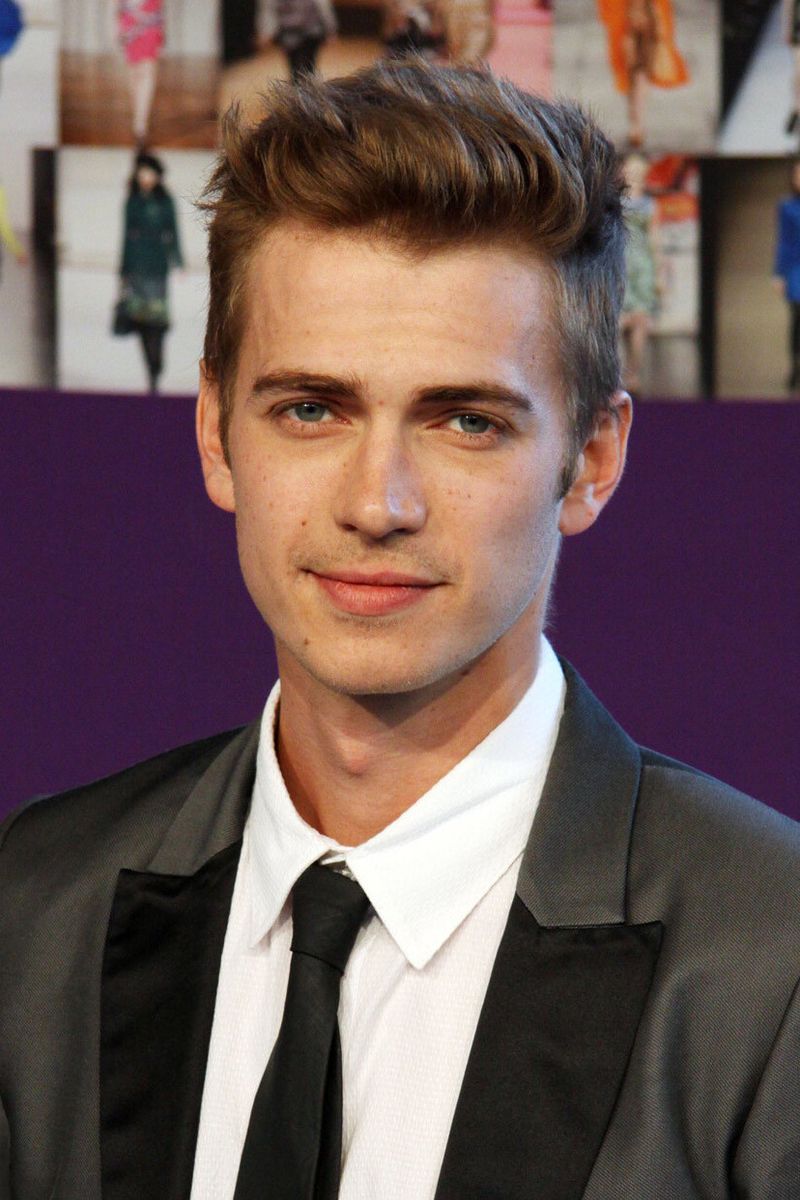
In “Attack of the Clones,” Hayden Christensen’s portrayal of Anakin Skywalker struggled with stiff line delivery and a lack of chemistry with co-star Natalie Portman. His performance left fans yearning for more depth.
Critics pointed to his wooden expressions and awkward dialogue as detracting from the film’s emotional core. The character’s complexity seemed lost in translation.
Despite the reception, Christensen’s role in the iconic franchise solidified his place in Hollywood. His journey illustrates the challenges actors face in living up to towering expectations.
14. Russell Crowe – Les Misérables (2012)
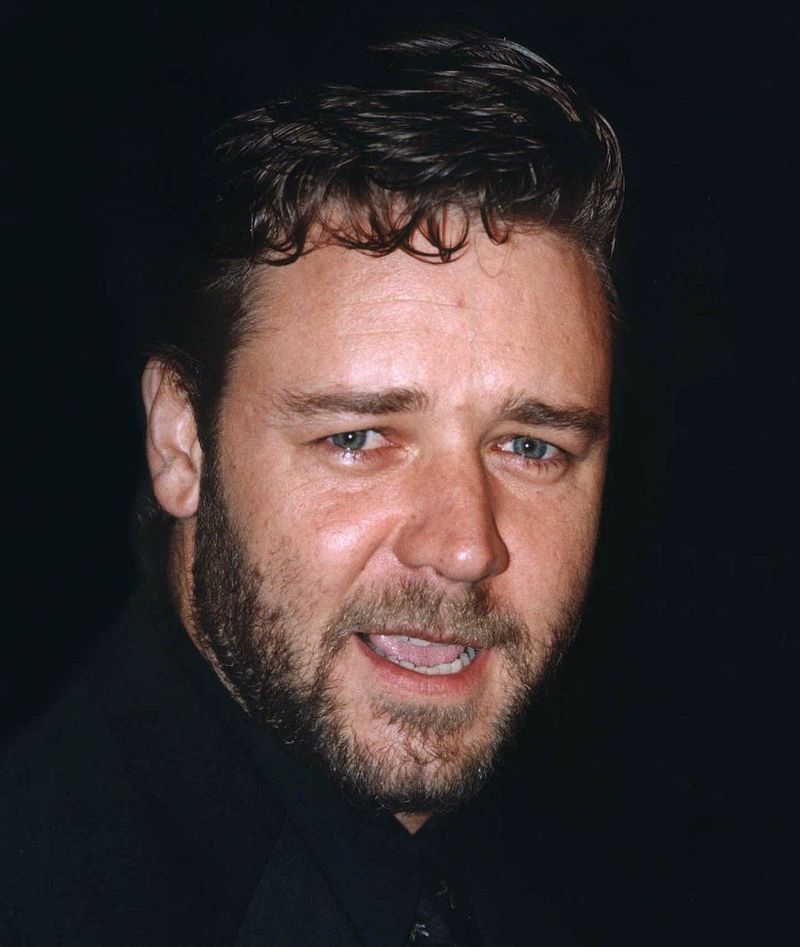
Russell Crowe’s performance in “Les Misérables” was marked by a singing voice that critics found flat. His portrayal of Javert clashed with the musical’s grandeur, overshadowing its emotional depth.
While Crowe’s acting ability is renowned, his musical performance lacked the nuance expected in such a celebrated work. The disconnect between his voice and the film’s aspirations was evident.
Nevertheless, Crowe’s contribution to “Les Misérables” remains a part of its legacy. His involvement in the film added a layer of intrigue to its already complex narrative.
15. Kevin Costner – Robin Hood: Prince of Thieves (1991)
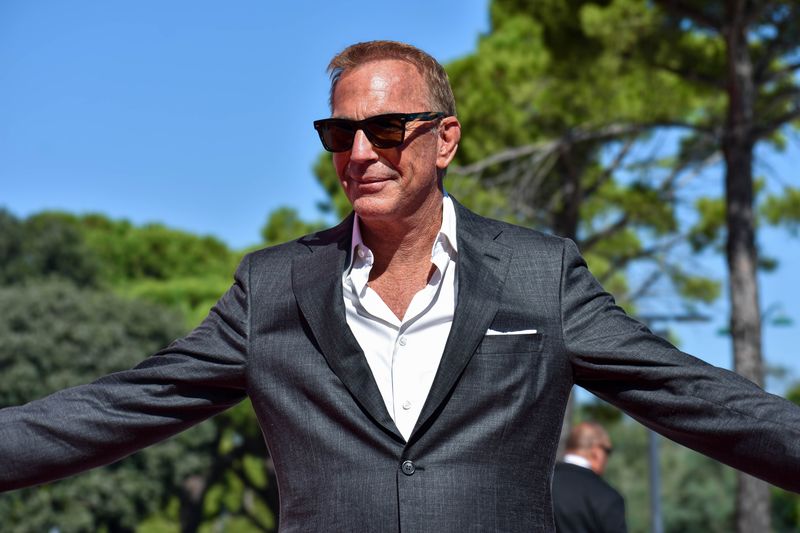
The story of Kevin Costner not attempting an English accent in Robin Hood: Prince of Thieves has become iconic, with his Americanisms creating a jarring contrast in the period drama.
Critics found Costner’s portrayal inconsistent with the film’s historical backdrop, impacting the authenticity of the narrative. His decision not to adopt an accent remains a topic of debate.
Despite this, Costner’s star power carried the film to commercial success. His role in “Robin Hood” is a testament to the influence of star appeal over traditional expectations.
16. Cameron Diaz – Gangs of New York (2002)
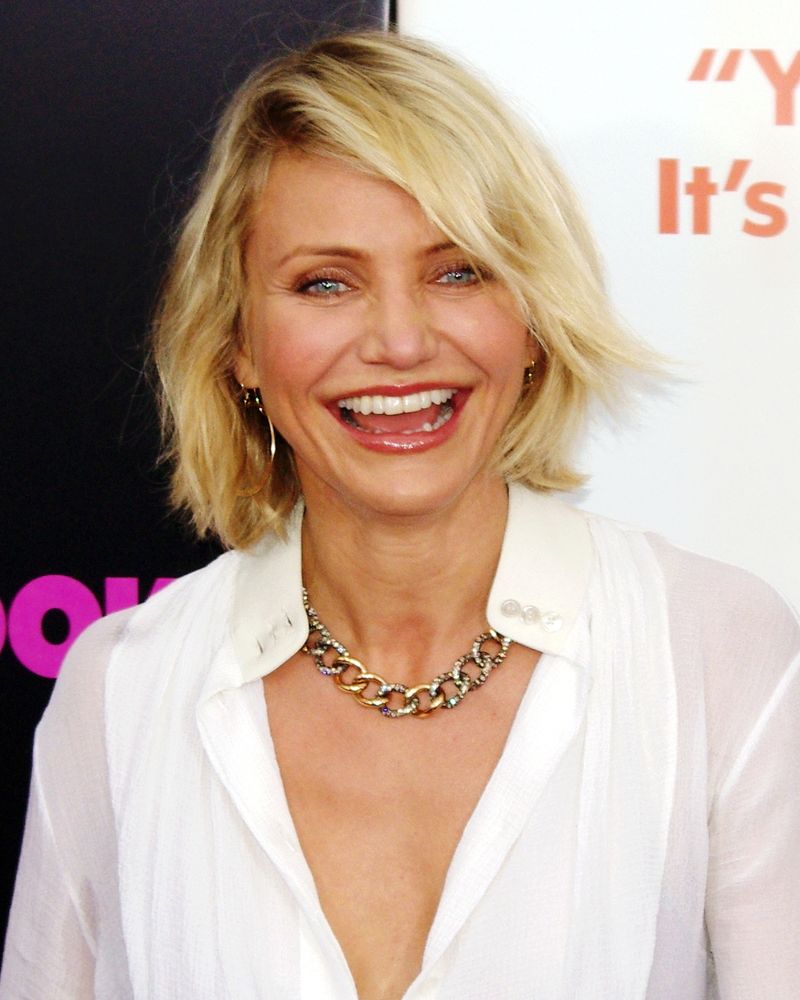
Many felt Cameron Diaz’s performance in Gangs of New York was unconvincing, with her role as Jenny Everdeane falling short of matching the depth brought by Daniel Day-Lewis.While Diaz brought charisma, her acting choices seemed out of place in the gritty historical drama.
Critics noted a lack of depth in her character’s development. Despite the critiques, Diaz’s role contributed to the film’s dynamic ensemble.
Her involvement in “Gangs of New York” showcases the diverse challenges actors face in period pieces.

Comments
Loading…